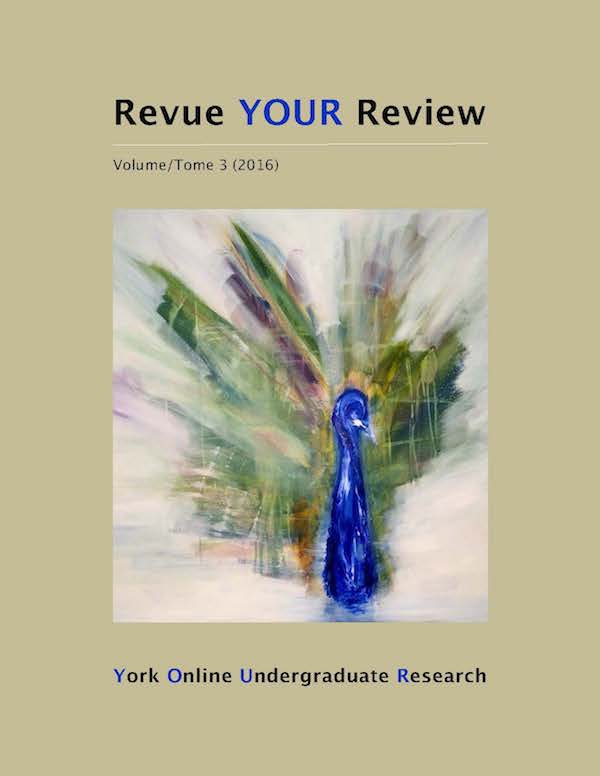#OccupyGezi: On Twitter and Affective News
Keywords:
affect, citizen journalism, social media, social movements, Turkey, TwitterAbstract
On the dawn of May 31, 2013, Istanbul’s riot police raided Gezi, a park recently occupied by activists standing against the threat of its destruction. On social media, pictures of the bloody police intervention went viral, sparking outrage and a political momentum that materialized throughout the country in the form of protests against the national government. Taking as a point of departure my personal experience of the events, this essay examines the use and effects of Twitter in the context of particular forms of civilian protests. In particular, I suggest that such tweets may contribute to the development of an affective environment that can foster a collective sense of belonging, association, and shared experience. First, I discuss media censorship of the initial protest in Istanbul. I then proceed with a discussion of the affective connotations of the messages and photographs shared on Twitter. In this regard, I also bring forward the cultural concept of “martyrdom” as a helpful analytical tool to explore these issues.
Oppression creates the need and demand for recognition.
— Halverson, Ruston, & Trethewey (2013, p. 321)
How to Cite
Issue
Section
License
Authors contributing to Revue YOUR Review agree to release their articles under one of three Creative Commons licenses: Creative Commons Attribution 4.0 International; Creative Commons Attribution-NonCommercial 4.0 International; or Creative Commons Attribution-NoDerivatives 4.0 International. All editorial content, posters, and abstracts on this site are licensed under Creative Commons Attribution-NoDerivatives 4.0 International. For further information about each license, see:
https://creativecommons.org/licenses/
In all cases, authors retain copyright of their work and grant the e-journal right of first publication. Authors are able to enter into other contractual arrangements for the non-exclusive distribution of the e-journal's published version of the article (e.g., post it to an institutional repository or publish it in a book or in another journal), with an acknowledgement of its initial publication in this e-journal.


